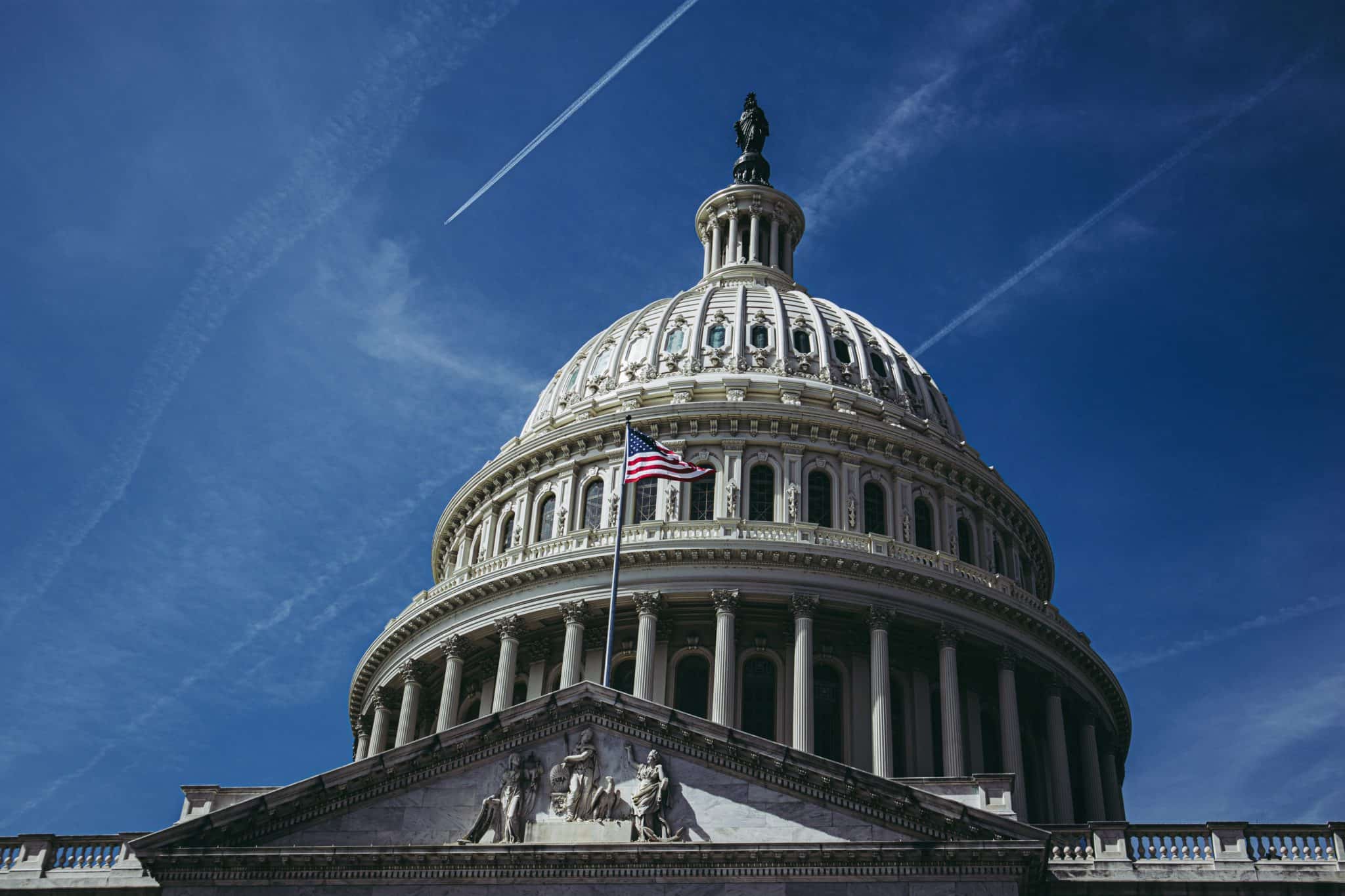Randon Herrera is a student at Harvard Law School.
Republican lawmakers in Washington are reportedly circulating drafts of legislation that would provide businesses with sweeping liability protections in case their workers contract coronavirus, The Washington Post reports. The ensuing proposals are no doubt a response to the Trump administration’s current push to reopen the economy. As of Monday morning, over eighteen states have begun reopening businesses, with another six set to do so in the coming days. Democratic leaders in Congress have stated that they plan to oppose any sort of blanket protections proposed by congressional republicans.
The American Federation of State, County, and Municipal Employees (AFSCME) continues to push Congress to provide relief for state and local governments. As Maxwell noted last week, the AFSCME gained support from democratic leaders in both the house and senate for a $700 billion relief package for states and localities. Politico reports the AFSCME is now spending over $1 million on its campaign that seeks to provide economic security for front-line health care workers, correction officers, home and childcare providers, and sanitation workers. The group likely faces an uphill battle as Senate republicans oppose such relief, with Senate Majority Leader Mitch McConnell even suggesting that states and cities should consider bankruptcy as an option.
Los Angeles Times workers, represented by the Media Guild of the West, agreed to a 20% reduction in hours and pay, the LA Times itself reports. The wage and hour reductions are set to take effect on May 10 and will last for 12 weeks. As part of the agreement, the LA Times will not lay off any guild members for the duration of the pact. The LA Times joins a growing list of news organizations that have cut wages, largely due to the decline in retail, movie theater and other ad revenue streams caused by pandemic-related closures.
A federal judge in California recently threw out the U.S. women soccer player’s pay discrimination claim in a lawsuit the players filed against the U.S. Soccer Federation. The judge found that any pay discrepancy between men and women soccer players is due to differences in what they negotiated in their collective bargaining agreements. The women players already plan to appeal. According to ESPN, men’s team players can make almost 3 times the salary of women players.
Oracle Corp. received support this past week from attorneys general from six states as well as the US Chamber of Commerce in the company’s ongoing lawsuit against the Department of Labor’s federal contractor watchdog. Oracle sued DOL’s Office of Federal Contract Compliance Program (OFCCP) last November, claiming that its anti-discrimination enforcement of federal contractors is unconstitutional. Oracle claims that OFCCP exceeded its authority in creating an administrative trial system to adjudicate allegations of discrimination. In its brief, The US Chamber of Commerce similarly argued that the OFCCP exceeded the agency’s statutory authority. While the states—Alabama, Arkansas, Georgia, Louisiana, Missouri and West Virginia—argued in their brief that the OFFCP exercises “unbridled lawmaking and judicial power.” The case is currently docketed in the United States District Court for the District of Columbia.






Daily News & Commentary
Start your day with our roundup of the latest labor developments. See all
February 20
An analysis of the Board's decisions since regaining a quorum; 5th Circuit dissent criticizes Wright Line, Thryv.
February 19
Union membership increases slightly; Washington farmworker bill fails to make it out of committee; and unions in Argentina are on strike protesting President Milei’s labor reform bill.
February 18
A ruling against forced labor in CO prisons; business coalition lacks standing to challenge captive audience ban; labor unions to participate in rent strike in MN
February 17
San Francisco teachers’ strike ends; EEOC releases new guidance on telework; NFL must litigate discrimination and retaliation claims.
February 16
BLS releases jobs data; ILO hosts conference on child labor.
February 15
The Office of Personnel Management directs federal agencies to terminate their collective bargaining agreements, and Indian farmworkers engage in a one-day strike to protest a trade deal with the United States.